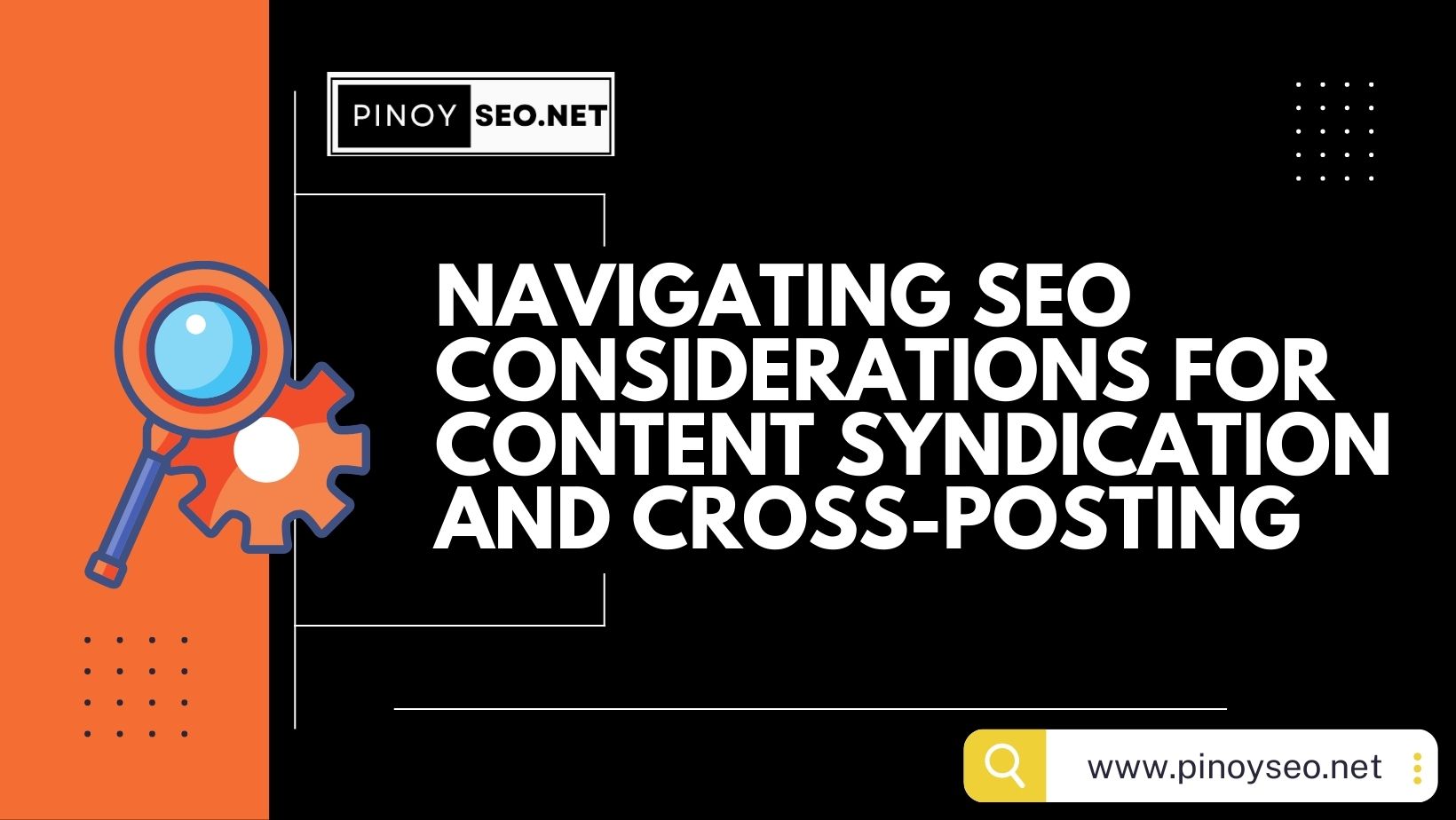In the dynamic world of search engine optimization (SEO), the concept of E-A-T (Expertise, Authoritativeness, Trustworthiness) holds immense significance. Introduced by Google as a vital factor in determining the quality of web content, E-A-T plays a pivotal role in influencing search engine rankings and online visibility. Let’s delve into examples of how E-A-T is manifested in SEO strategies, ensuring trustworthy and authoritative content for users.
1. Expertise:
Example: Health and Wellness Blogs
When users search for health-related information, they rely on authoritative sources that provide accurate and reliable insights. Health and wellness blogs run by certified nutritionists, doctors, or fitness experts exemplify expertise. Content that references scientific research, medical studies, and professional expertise demonstrates a deep understanding of the subject matter. Such blogs build trust with users by offering well-researched, evidence-based information that aids in making informed decisions.
2. Authoritativeness:
Example: Legal Advice Websites
Legal advice websites run by qualified lawyers showcase authoritativeness. A law firm’s website that features profiles of experienced attorneys, their educational backgrounds, professional achievements, and client testimonials establishes credibility. Additionally, the use of citations, references to relevant legal cases, and links to reputable legal resources enhances the website’s authority. Users seeking legal guidance are more likely to trust content presented by experts in the field.
3. Trustworthiness:
Example: Financial Advisory Platforms
In the realm of financial advice, trustworthiness is paramount. Financial advisory platforms that provide transparent information about their credentials, affiliations with reputable financial institutions, and compliance with financial regulations build trust with users. Moreover, featuring client success stories, offering detailed explanations of financial concepts, and ensuring secure data handling contribute to establishing credibility and trust in the eyes of users.
4. Expertise and Trustworthiness:
Example: Academic and Educational Websites
Academic and educational websites cater to users seeking in-depth knowledge on various subjects. These platforms often host content created by professors, researchers, and subject matter experts. When such content is supplemented with proper citations, references to scholarly articles, and educational institutions’ endorsements, the website showcases both expertise and trustworthiness. Clear attribution of information sources and a commitment to accuracy enhance the website’s reputation.
5. Local Business Pages:
Example: Local Restaurants and Reviews
Local business pages, particularly those in the food industry, exemplify E-A-T by prioritizing customer reviews and ratings. Restaurants that encourage customers to leave honest reviews on platforms like Google My Business establish trust with potential patrons. Positive reviews, alongside professionally captured images of the food and ambiance, demonstrate the establishment’s expertise in delivering a delightful dining experience, while the openness to customer feedback enhances trustworthiness.
6. News Websites:
Example: News Portals and Journalistic Integrity
News websites are expected to uphold high standards of accuracy and integrity. Platforms that provide clear attributions to sources, adhere to journalistic ethics and avoid sensationalism maintain trust with their readers. Authoritative news outlets often feature bios of their journalists, showcasing their professional backgrounds and experiences. This commitment to journalistic integrity contributes to both authoritativeness and trustworthiness.
In conclusion, the E-A-T framework is an essential component of successful SEO strategies. Incorporating expertise, authoritativeness, and trustworthiness in content creation and presentation not only boosts search engine rankings but also fosters a positive user experience. By understanding these principles and applying them to various industries, businesses, and creators can establish themselves as reliable sources of information, building lasting trust with their audiences.


